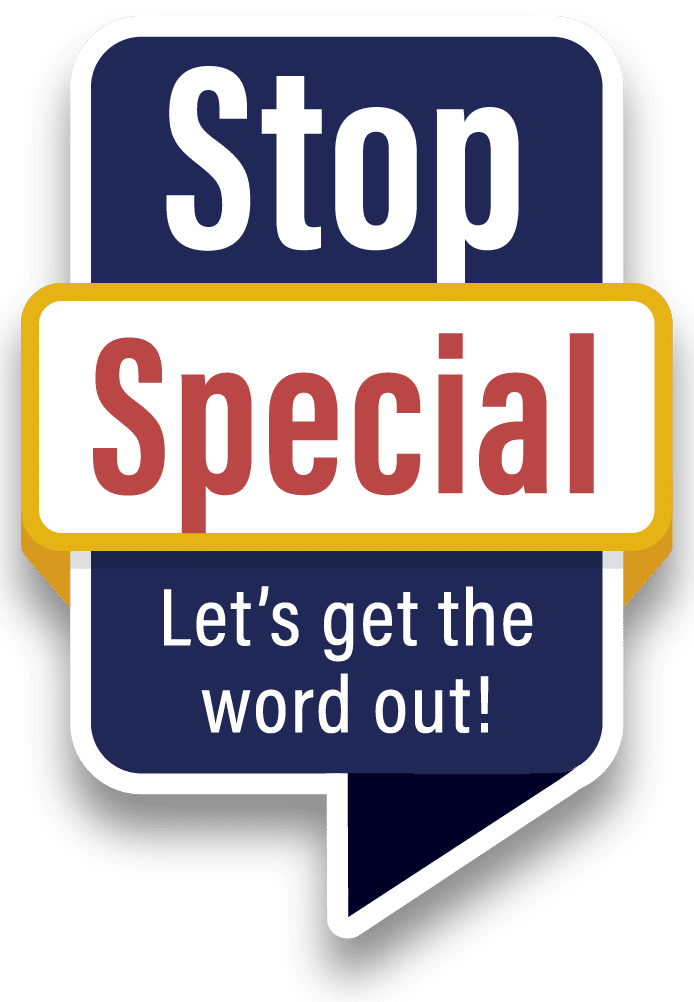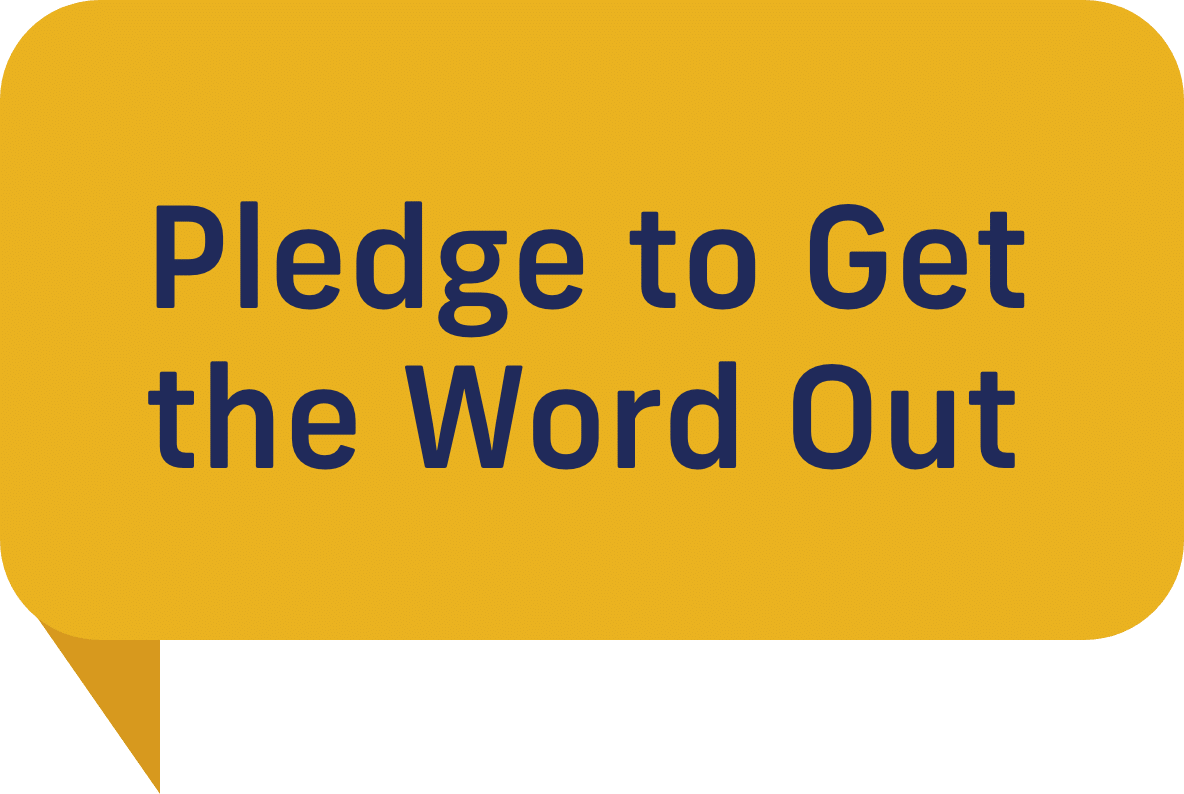I fully support
language that moves away from the notion that people with disabilities, including myself, are somehow ‘special’ or ‘unusual’ purely because of our existence.
- Austyn
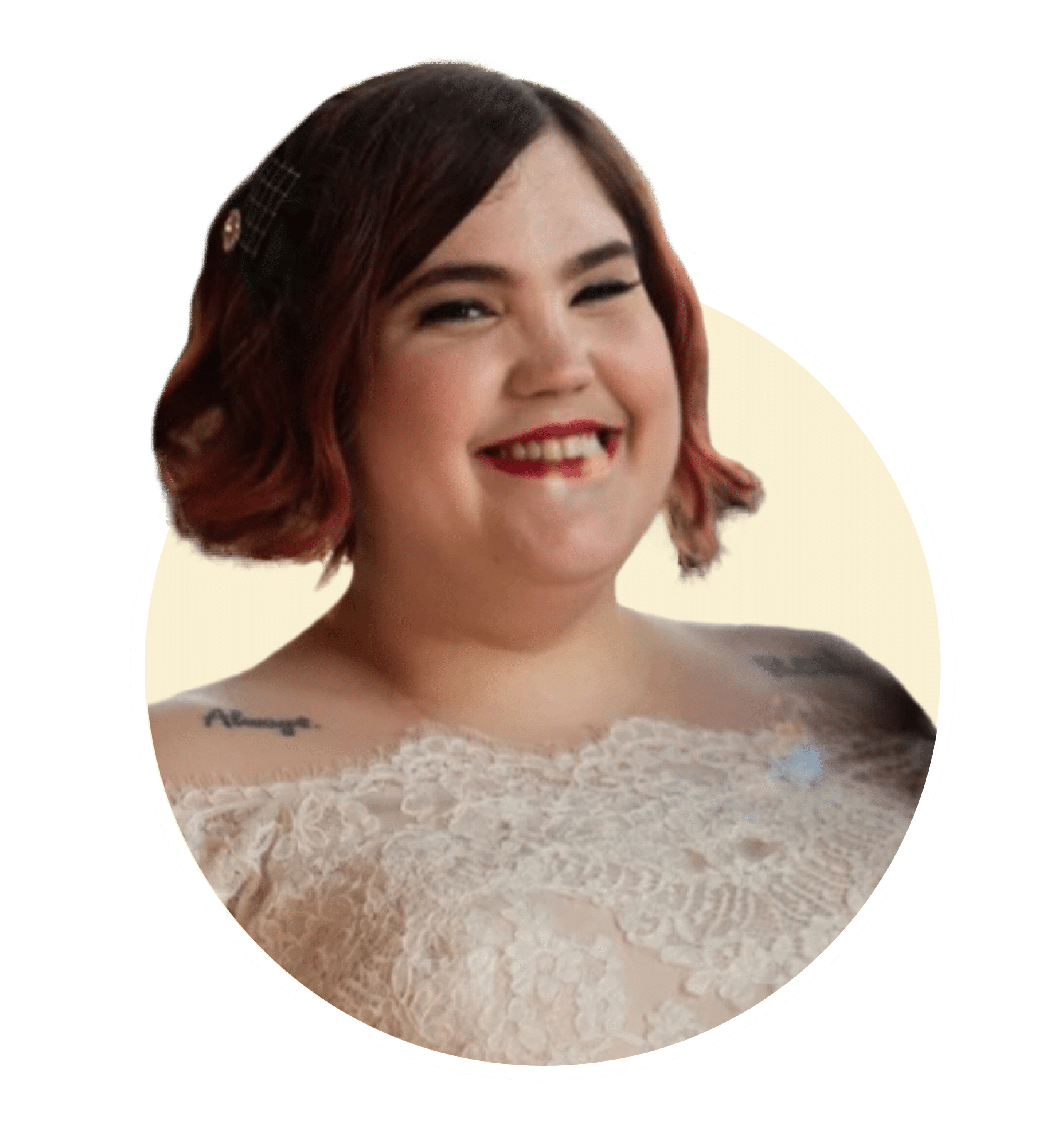
Let’s reduce the stigma tied to disability by eliminating the word “special” from everyday language, conversation, services, and policy on disability-related issues. Help us get the word out!
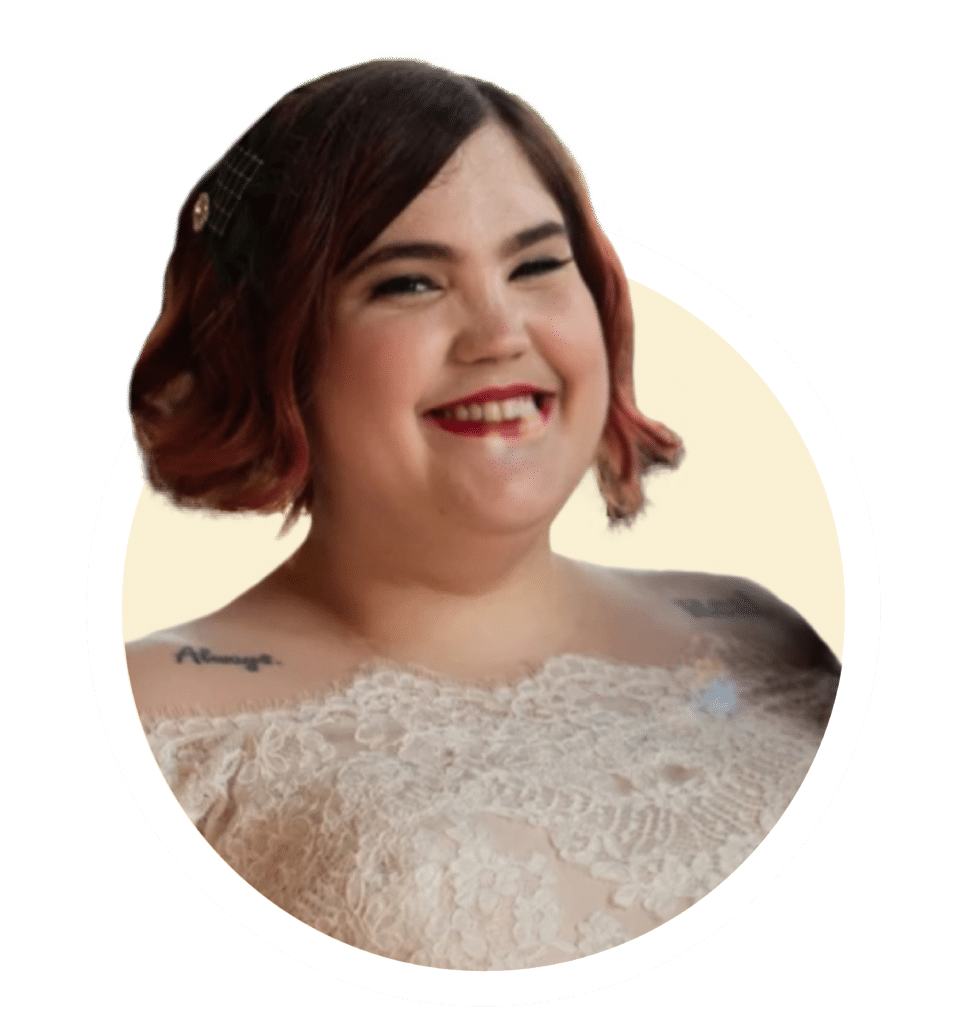
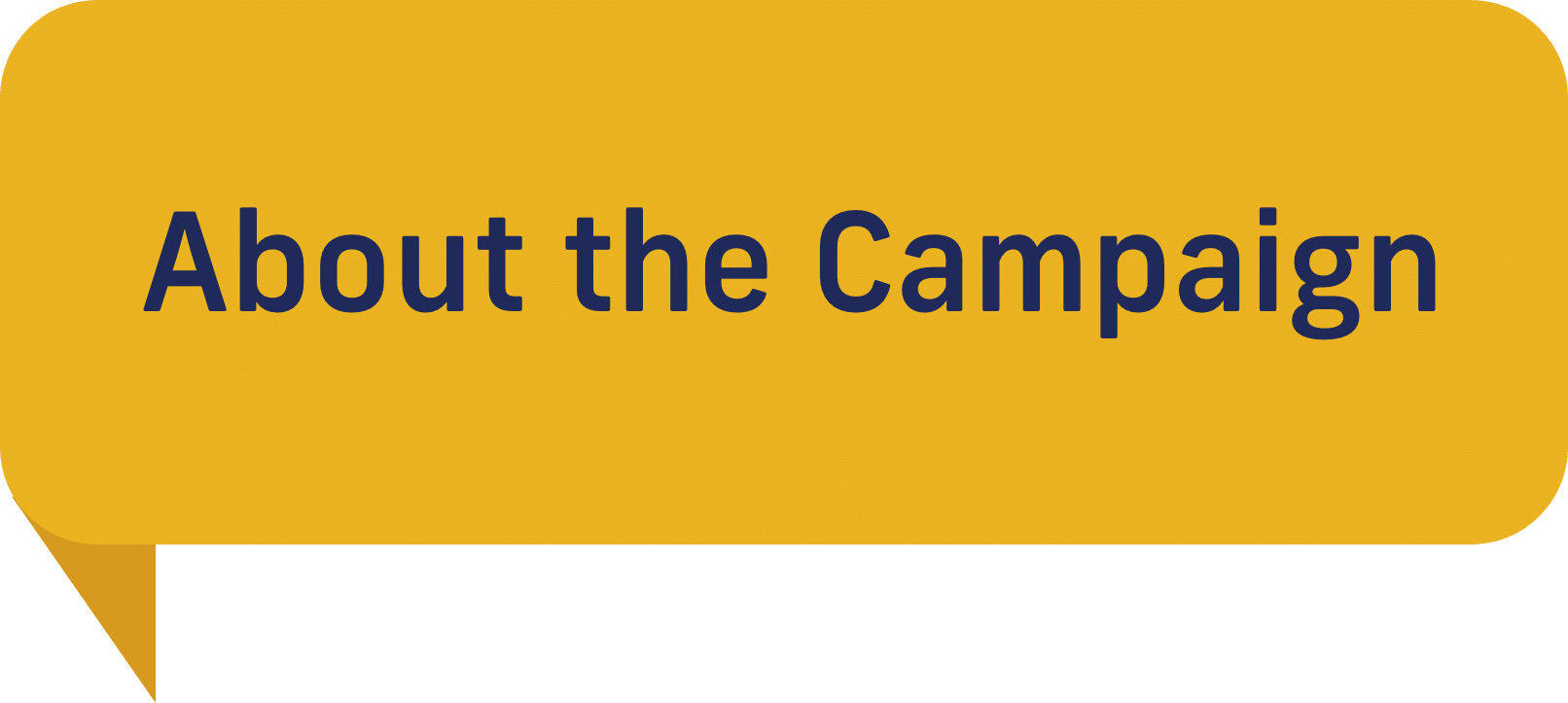
About the Campaign
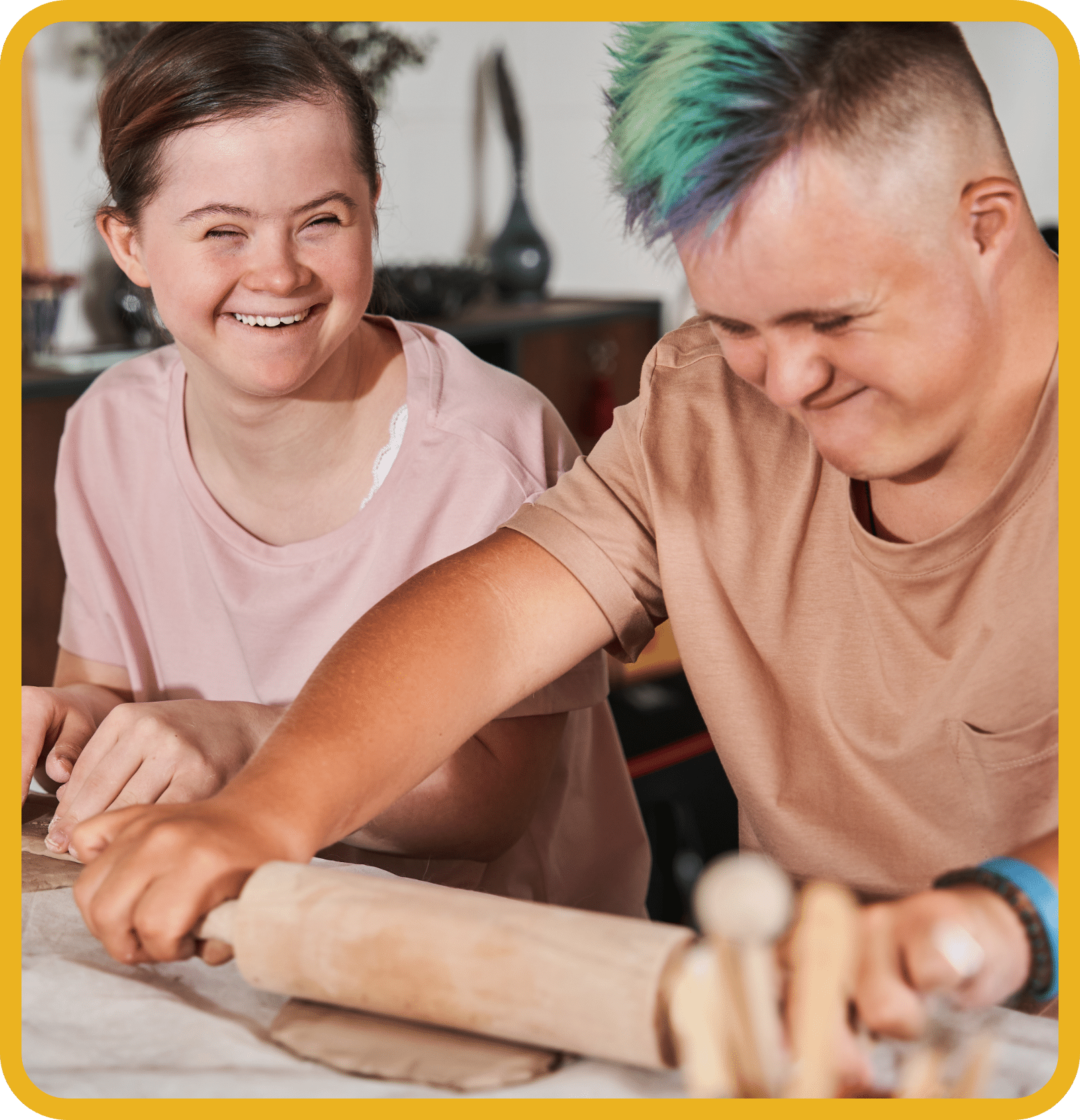
While language can empower, respect, and uplift, many words used to describe people with disabilities tend to support negative stereotypes.
The term “special” is increasingly considered condescending and offensive by people with disabilities. Calling disabled people “special” sets them apart and implies that someone is somehow broken, less than, or deficient. Together, let’s get the word out!
What does taking the Stop Special Pledge mean?
When you sign the Pledge, you can show your support in a way that feels right for you. You can:
- Avoid using the term ‘special’ to refer to someone with a disability.
- Even if you use the term in a legal or policy context, try to avoid referring to the individuals who receive services or benefits under those laws and policies as ‘special’.
- Share your Stop Special story.
- Share information about the Stop Special campaign with others.
Curious to see which organizations have recently taken the Pledge?
Let’s reduce the stigma tied to disability by eliminating the word “special” from everyday language, conversation, services, and policy on disability-related issues. Help us get the word out!
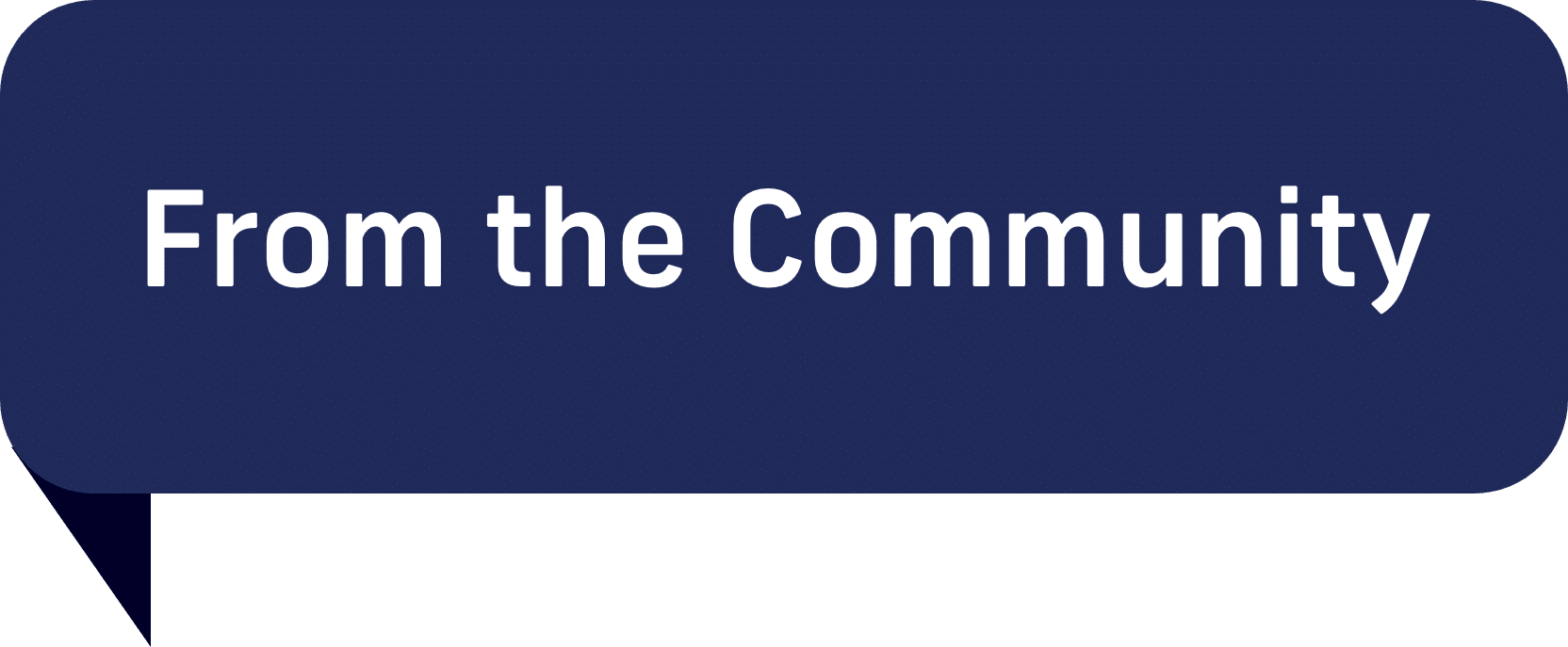
From the Community
“Calling my needs ‘special’ reinforces the idea that disabled people are burdens and that people and organizations are right to deny us basic access because it is ‘too hard’ to meet our needs.”
– Jules
“Calling my needs ‘special’ reinforces the idea that disabled people are burdens and that people and organizations are right to deny us basic access because it is ‘too hard’ to meet our needs.”
– Jules
“Don’t call me special. My needs are no different from people not yet impacted by disability. If you call me special, it makes me different. It is ‘ableism’ when you call me special.”
– Kelly
“Don’t call me special. My needs are no different from people not yet impacted by disability. If you call me special, it makes me different. It is ‘ableism’ when you call me special.”
– Kelly
“…my needs are just like everybody else’s… The only difference between my needs and the needs of anybody else in the world is that sometimes I need support to get those needs met.”
– Kathy
“…my needs are just like everybody else’s. I need a good education. I need sleep. I need love. I need food. I need shelter. I need water. The only difference between my needs and the needs of anybody else in the world is that sometimes I need support to get those needs met”
– Kathy

About the Campaign

Words matter – our language can empower, respect, and uplift those around us. Yet many words used to describe people with disabilities all too frequently support negative stereotypes.
The term “special” is increasingly considered condescending and offensive. Calling disabled people “special” sets them apart and implies that someone is somehow broken, less than, or deficient.
This campaign is grounded in feedback received from people with disabilities and reflects their opinions and preferences.
Together, let’s get the word out!

Frequently Asked Questions
1) Person-first: ‘A person with a disability’
2) Identity-first: ‘A disabled person’ For many years, the New Hampshire DD Act partners used person-first language as our default. However, in recognition of the growing use of identity-first language within the disability community, our organizations have shifted to a mix of both identity-first and person-first language. Disability is a natural part of life that should be embraced and accepted. Euphemisms like ‘special needs,’ ‘special education’ and ‘special’ undermine our long-term fight for disability rights and justice.
‘Special’ is used as a euphemism for ‘disability’ but it is not accurate, respectful, or empowering, and many people with disabilities have asked that people stop using it.
Although still used in certain laws and policies, the term ‘special’ is increasingly considered condescending and offensive and it should be avoided whenever possible.
All students have educational needs. Calling the educational needs of students with disabilities ‘special’ sets them apart from the educational services that non-disabled students are entitled to and implies that students with disabilities are somehow broken, less than, or deficient.
Although still used in certain laws and policies, the term ‘special’ is increasingly considered condescending and offensive and it should be avoided whenever possible.
Additional Note: The Individuals with Disabilities Education Act (IDEA) is fundamental to the education of students with disabilities. This campaign is in no way intended to undermine general support for the IDEA or related, which currently use the term ‘special’ in their text.
Person with a disability, disabled person, child/student with a disability, disabled child.
Consider using:
- Student with disabilities or just ‘student’
- Education, appropriate education, the education of students with disabilities
- Student who qualifies for supports and services under the IDEA, student with an IEP
- Student with a 504 plan, accommodations for students with disabilities
Under both the IDEA and Section 504, students are entitled to a free appropriate public education or FAPE. Therefore, what students are required to receive is not “special,” but rather an “appropriate” education.
Example: Students with disabilities who receive services under the IDEA or accommodations under Section 504 are entitled to an appropriate education based on their specific needs.
It depends on context:
- When possible, consider using a different term but recognize that there will be times when using these terms is unavoidable.
- If appropriate, consider placing the term in quotes or dropping a footnote to explain that the language is outdated.
- Lead by example: avoid using the terms ‘special needs’ and ‘special education’.
- If appropriate, inform them that many people with disabilities are no longer using the word “special” because of the stigma attached to the term and share Stop Special with them.
People with disabilities get to choose how they identify. Please respect their choice.
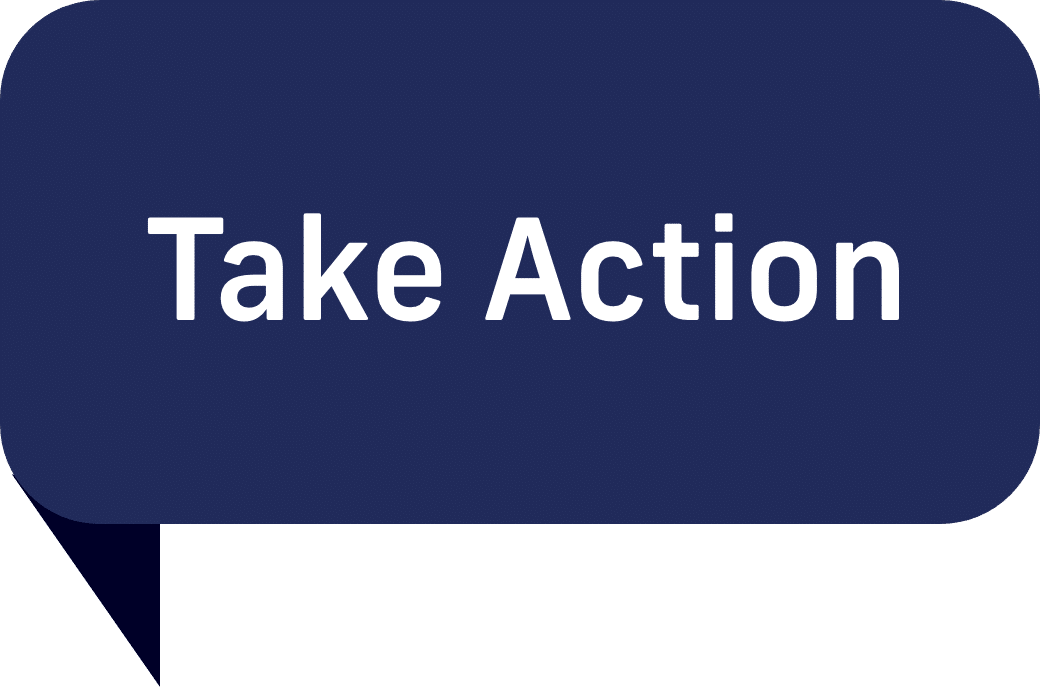
Take Action
As we evolve and change, our language does too. An ongoing discussion of language is a critical part of ensuring dignity and respect for everyone.
Use these images on social media to help continue the discussion and get the word out.

Resources

Changing the words you use to describe disability takes time and practice. Here are some tools and resources that can help you start your journey.
